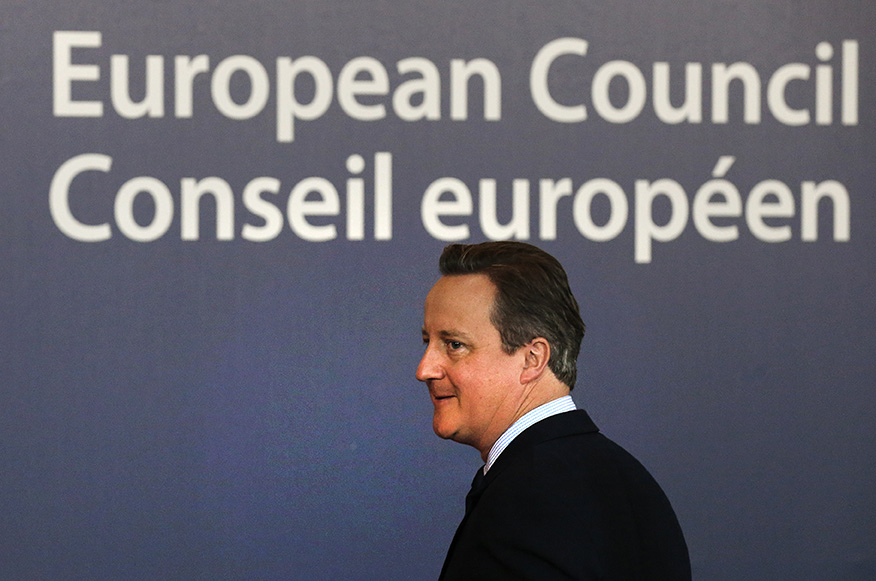 Amid the global political and economic turmoil in the wake of last week’s narrow decision by British voters in favor of taking their country out of the European Union, there has been no shortage of alarm about the potential toll of “Brexit” on Africa in terms of diminished trade, investment, and assistance. While there will undoubtedly be a significant negative impact in the short-to-medium term, over the long run, the news may not be all bad from the African perspective.
Amid the global political and economic turmoil in the wake of last week’s narrow decision by British voters in favor of taking their country out of the European Union, there has been no shortage of alarm about the potential toll of “Brexit” on Africa in terms of diminished trade, investment, and assistance. While there will undoubtedly be a significant negative impact in the short-to-medium term, over the long run, the news may not be all bad from the African perspective.
That’s not to say that Africa, like other regions of the world, has not, in recent days, had cause for anxiety about the fallout from the impending UK-EU divorce. The day before the British referendum, Kenya’s widely respected central bank governor, Patrick Njoroge, warned that his country—East Africa’s largest economy and especially vulnerable to the loss of trade, exchange rate pressures, and capital outflows—would “feel the shock wave” of a Brexit. South African Finance Minister Pravin Gordhan warned his country that the vote would lead to “volatility in the financial markets, and in sentiment and confidence.” As matter of fact, the day after the June 23 referendum, the rand led the slump in emerging markets, falling to its lowest level against the US dollar since 2008 (15.36 rand to the dollar) and to a record low against the Japanese yen (6.59 yen to the rand). Among the countries on the continent, South Africa is especially vulnerable to post-referendum market uncertainty, not only because its economy shrank sharply in the first quarter, but because many of its major companies are dual-listed on the London Stock Exchange.
Originally published in the New Atlanticist Blog. To read more, click here.
Image: British Prime Minister David Cameron arrived at a European Union summit in Brussels, Belgium, on June 28. In a June 23 referendum, British voters backed taking their country out of the EU. (Reuters/Pascal Rossignol)
